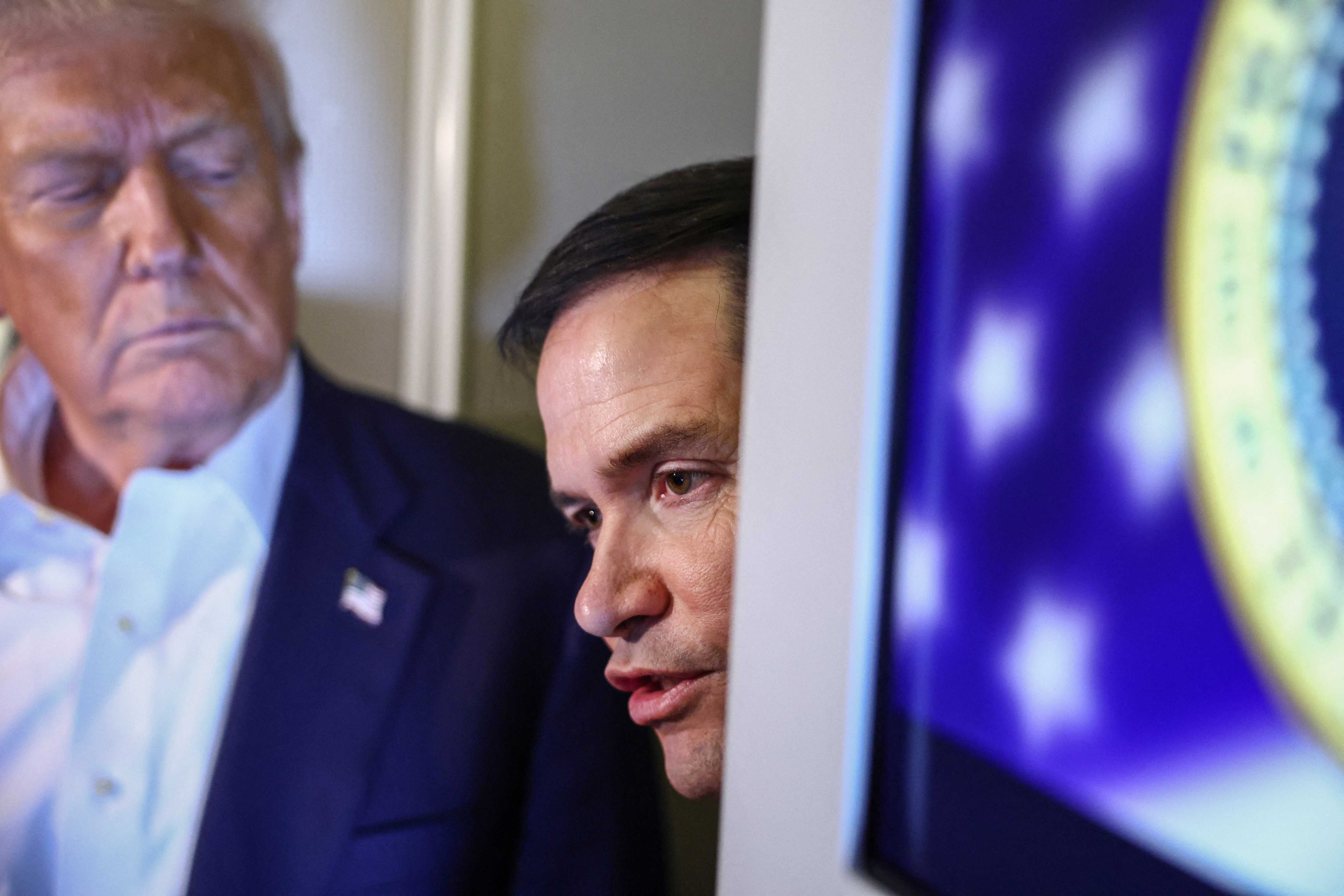Secretary of State Marco Rubio stripped a key provision out of the proposed peace plan currently being worked on to end the war in Ukraine, a move that one political commentator argued Tuesday had effectively killed peace talks, and as a means to “keep the war and the dollars flowing.”
The New York Times reported Tuesday morning that Rubio had stripped out language in the White House’s peace plan that would have banned Ukraine from joining the North Atlantic Treaty Organization, or NATO, a key sticking point for Russian President Vladimir Putin, who named NATO expansion as among the chief reasons for the initial 2022 invasion.
Hours later, the Financial Times reported that Russian officials had signaled that they may end up rejecting the White House’s peace proposal, while not directly naming the removal of the provision as the cause for concern.
In a social media post Tuesday, Conservative journalist and political commentator Saagar Enjeti tied the two reports together and concluded that Rubio’s intervention was a clear poison pill designed to prolong the war, a conflict that has enriched U.S. weapons manufacturers to the tune of tens of billions of dollars.
“Rubio excised sections of the peace deal that would bar Ukraine from NATO membership,” Enjeti wrote in a social media post on X. “Lo and behold hours later: Russia says they will reject the plan. This is the actual Neocon plan: kill any realistic deal to keep the war and the dollars flowing.”
NATO expansion has long been a sore spot for Russia. Following the fall of the Berlin Wall in 1989, with East Germany a part of the Soviet Union-aligned Eastern Bloc, U.S. Secretary of State James Baker told then-Soviet President Mikhail Gorbachev that NATO would not expand “one inch to the east.”
That statement would prove to be false, however, with more than a dozen countries with territory east of where the Berlin Wall stood joining the NATO military alliance since 1989, most recently with Finland in 2023 and Sweden in 2024. And, with NATO’s
Article 5 compelling all member states to defend an attacked member state, the prospect of NATO admitting Ukraine – which shares a 1,227-long mile border with Russia – has remained a point of contention for the Kremlin.
